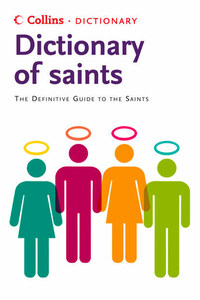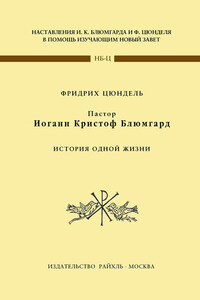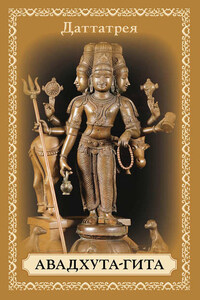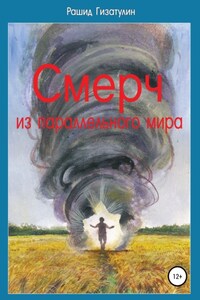PRELIMINARY SKETCH OF THE LIFE AND TIMES OF JEREMIAH
A priest by birth, Jeremiah became a prophet by the special call of God. His priestly origin implies a good literary training, in times when literature was largely in the hands of the priests. The priesthood, indeed, constituted a principal section of the Israelitish nobility, as appears both from the history of those times, and from the references in our prophet's writings, where kings and princes and priests are often named together as the aristocracy of the land (i. 18, ii. 26, iv. 9); and this fact would ensure for the young prophet a share in all the best learning of his age. The name of Jeremiah, like other prophetic proper names, seems to have special significance in connexion with the most illustrious of the persons recorded to have borne it. It means Iahvah foundeth, and, as a proper name, The Man that Iahvah foundeth; a designation which finds vivid illustration in the words of Jeremiah's call: "Before I moulded thee in the belly, I knew thee; and before thou camest forth from the womb, I consecrated thee: a spokesman to the nations did I make thee" (i. 5). The not uncommon name of Jeremiah – six other persons of the name are numbered in the Old Testament – must have appeared to the prophet as invested with new force and meaning, in the light of this revelation. Even before his birth he had been "founded"1 and predestined by God for the work of his life.
The Hilkiah named as his father was not the high priest of that name,2 so famous in connexion with the reformation of king Josiah. Interesting as such a relationship would be if established, the following facts seem decisive against it. The prophet himself has omitted to mention it, and no hint of it is to be found elsewhere. The priestly family to which Jeremiah belonged was settled at Anathoth (i. 1, xi. 21, xxix. 27). But Anathoth in Benjamin (xxxvii. 12), the present `Anâtâ, between two and three miles NNE. of Jerusalem, belonged to the deposed line of Ithamar (1 Chron. xxiv. 3; comp. with 1 Kings ii. 26, 35). After this it is needless to insist that the prophet, and presumably his father, resided at Anathoth, whereas Jerusalem was the usual residence of the high priest. Nor is the identification of Jeremiah's family with that of the ruling high priest helped by the observation that the father of the high priest was named Shallum (1 Chron. v. 39), and that the prophet had an uncle of this name (Jer. xxxii. 7). The names Hilkiah3 and Shallum are too common to justify any conclusions from such data. If the prophet's father was head of one of the twenty-four classes or guilds of the priests, that might explain the influence which Jeremiah could exercise with some of the grandees of the court. But we are not told more than that Jeremiah ben Hilkiah was a member of the priestly community settled at Anathoth. It is, however, a gratuitous disparagement of one of the greatest names in Israel's history, to suggest that, had Jeremiah belonged to the highest ranks of his caste, he would not have been equal to the self-renunciation involved in the assumption of the unhonoured and thankless office of a prophet.4 Such a suggestion is certainly not warranted by the portraiture of the man as delineated by himself, with all the distinctive marks of truth and nature. From the moment that he became decisively convinced of his mission, Jeremiah's career is marked by struggles and vicissitudes of the most painful and perilous kind; his perseverance in his allotted path was met by an ever increasing hardness on the part of the people; opposition and ridicule became persecution, and the messenger of Divine truth persisted in proclaiming his message at the risk of his own life. That life may, in fact, be called a prolonged martyrdom; and, if we may judge of the unknown by the known, the tradition that the prophet was stoned to death by the Jewish refugees in Egypt is only too probable an account of its final scene. If "the natural shrinking of a somewhat feminine character" is traceable in his own report of his conduct at particular junctures, does not the fact shed an intenser glory upon the man, who overcame this instinctive timidity, and persisted, in face of the most appalling dangers, in the path of duty? Is not the victory of a constitutionally timid and shrinking character a nobler moral triumph than that of the man who never knew fear – who marches to the conflict with others, with a light heart, simply because it is his nature to do so – because he has had no experience of the agony of a previous conflict with self? It is easy to sit in one's library and criticize the heroes of old; but the modern censures of Jeremiah betray at once a want of historic imagination, and a defect of sympathy with the sublime fortitude of one who struggled on in a battle which he knew to be lost. In a protracted contest such as that which Jeremiah was called upon to maintain, what wonder if courage sometimes flags, and hopelessness utters its forsaken cry? The moods of the saints are not always the same; they vary, like those of common men, with the stress of the hour. Even our Saviour could cry from the cross, "My God, My God, why hast Thou forsaken Me?" It is not by passing expressions, wrung from their torn hearts by the agony of the hour, that men are to be judged. It is the issue of the crisis that is all-important; not the cries of pain, which indicate its overwhelming pressure.








